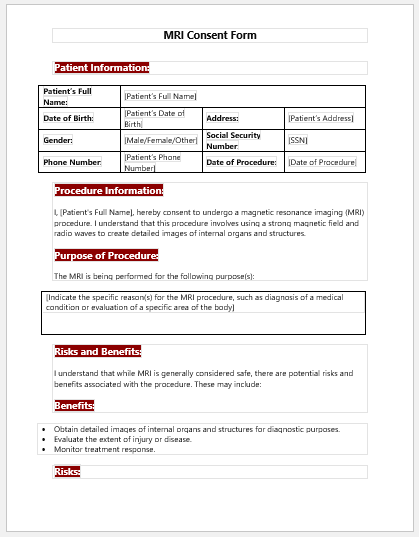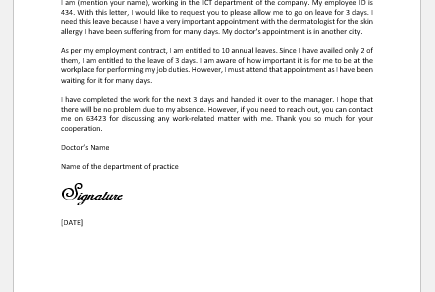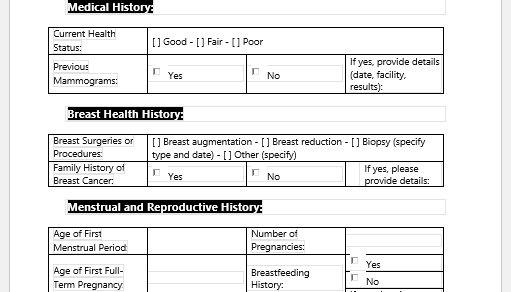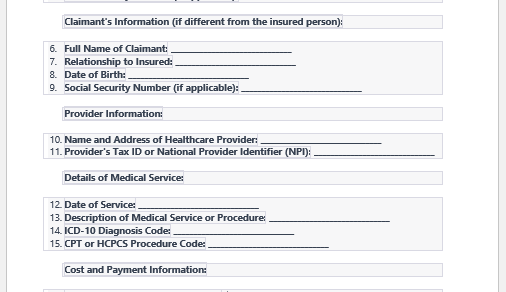What is an MRI?
MRI stands for Magnetic Resonance Imaging. It is a noninvasive diagnostic test done to identify different disorders in the body. It has no harmful side effects or radiation, unlike CT scans, so it is considered safe to use. Different body parts can be imaged, like the limbs, neck, chest, abdomen, and pelvis.
Method:
MRI is done in a huge machine that can accommodate the patient’s full body, in which strong magnetic waves are used to generate images of the soft tissues of the body. These are printed on film. Small sections of any body part are done so that any abnormality can be identified and its extent can be measured in millimeters. The science behind this is that when a magnetic field is strong enough, it forces the protons in the body to align with the field created.
A radiofrequency impulse is then passed through the patient’s body, which causes the protons to get out of equilibrium, resulting in an image of the soft tissues. During the MRI, the patient may feel discomfort as loud noises are heard at varying frequencies throughout the test.
Contraindications to MRI:
At first, it is made sure the patient has ruled out all the contraindications of MRI, which are:
- Metallic objects like jewelry, keys, glasses, bra hooks, buttons, and zippers. So patients are advised to be prepared beforehand.
- Metallic implants in the body, for example, pediatric sternum device
- Metallic foreign body in the eye
- Insulin pumps
- Cochlear implants
- Pacemakers
- Metallic gastric reflux devices
- Aneurysm clip in the brain
- Body piercings
- Vascular clips
- Prosthetic devices
- Inferior vena cava filters
- Claustrophobia
Nowadays, non-ferromagnetic clips and implants are available, in these cases, MRI is not contraindicated.
Types of MRI:
There are different types of MRI, which are:
- Magnetic resonance angiography (MRA)
- Magnetic resonance venography (MRV)
- Functional magnetic resonance imaging (fMRI)
- Cardiac MRI
Complications:
In some patients, there may be some complications, like damage to or extrusion of the metallic object from the body. In other cases where contrast injections are given, there may be an anaphylactic/allergic reaction, which may or may not be life-threatening. Other complications include anxiety/panic attacks due to sounds coming from the machine.
MRI Consent Form:
A standard MRI consent form requires some basic information about the patient. It includes
- Information about the patient: name, father’s name, age, sex, occupation, address, and contact number.
- Patient’s blood group, allergies, and drug history.
- Provisional diagnosis, history, and findings on clinical examination.
- Previous test results in cases of repeat scans.
- Details about the method of testing and complications/ consequences, if any.
- Limitations of the test.
- Name of the doctor who advised the test and his identity number.
- Name and signature of the radiologist who evaluates and prepares the report.
- Name and contact number of the emergency contact person.
- Privacy and confidentiality policy.
- Date and time of the test.
- Name of the hospital, address, and contact number.
- Name and signature of the patient, guardian, or relative.
- Nursing Documentation Templates
- Mental Health Evaluation Forms
- Forms Used by Pediatricians
- Various Forms Related to Pregnancy Verification
- Common Forms Used by ENT Specialists
- Pain Diary Worksheet Template
- Forms Commonly Used by Old Age Homes
- Medical Treatment Consent Form
- Home Exercise Program Worksheet
- Forms Used for Mental Health Assessment
- Forms Used by Psychologists
- Medical Forms Commonly Used by/for Students
- Assessment Consent Form
- Forms Used by an Anesthesiologist
- Not Fit to Fly Certificate Template



